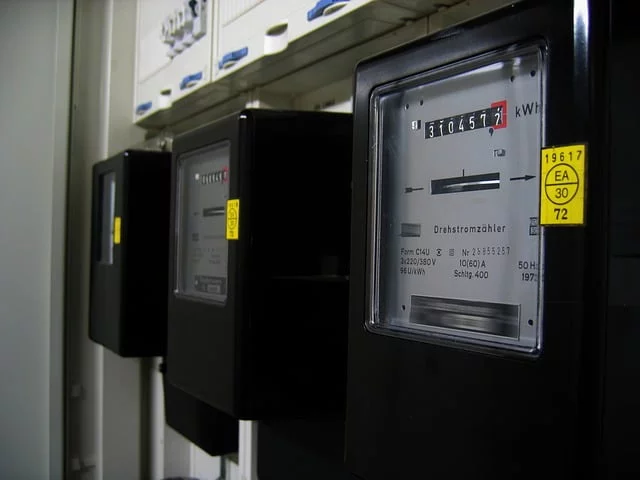How Net Metering Helps Businesses Earn from Excess Solar Energy in Australia
As more Australian businesses switch to solar energy, many are discovering an additional financial benefit beyond reducing electricity bills—net metering. This system allows businesses with solar panels to sell excess energy back to the grid, turning their commercial solar investment into an income-generating asset.
In this guide, we’ll break down how net metering works, its financial advantages, and how businesses in Australia can maximize their solar energy savings.

What is Net Metering?
Net metering is a system that allows businesses with solar panels to export excess electricity they generate back to the grid. In return, they receive credits or payments from their energy retailer.
Since commercial buildings often operate during daylight hours—the same time solar panels produce the most energy—many businesses generate more electricity than they consume. Instead of letting that excess energy go to waste, net metering ensures it contributes to the grid while offering financial returns.
How Does Net Metering Work for Businesses?
1️⃣ Your solar panels generate electricity during the day.
2️⃣ Your business consumes what it needs, and any excess energy is automatically sent back to the grid.
3️⃣ Your energy retailer credits your account for the exported power, reducing your electricity bill.
4️⃣ If you generate more than you use, some retailers offer feed-in tariffs (FITs), where you get paid for the surplus energy.
Financial Benefits of Net Metering for Businesses
1. Lower Electricity Costs
By offsetting energy usage with solar power, businesses reduce their reliance on expensive grid electricity. The savings from self-generated energy and net metering credits can lead to significant cost reductions in monthly utility bills.
2. Earn from Excess Solar Energy
Businesses with large solar systems can sell surplus electricity to the grid at competitive feed-in tariff rates. While feed-in tariffs vary by state and retailer, many businesses can generate hundreds to thousands of dollars in extra income annually.
3. Faster Return on Investment (ROI)
Net metering accelerates the payback period of commercial solar installations. With reduced power costs and income from exported energy, many businesses see a full return on investment in as little as 3–5 years.
4. Protection Against Rising Energy Costs
Electricity prices in Australia are increasing, but businesses with solar panels and net metering can hedge against future price hikes, ensuring more predictable operating expenses.
5. Sustainability & Corporate Responsibility
Net metering allows businesses to contribute to Australia’s clean energy goals by feeding renewable energy into the grid. This enhances corporate social responsibility (CSR) efforts and can improve a company’s reputation among eco-conscious consumers.
Net Metering and Feed-In Tariffs in Australia (2025 Update)
Feed-in tariffs (FITs) determine how much businesses earn per kWh of exported solar energy. These rates vary across states and energy providers:
| State | Feed-In Tariff Range (per kWh) |
|---|---|
| New South Wales | 5c – 12c |
| Victoria | 5c – 10c |
| Queensland | 6c – 14c |
| South Australia | 8c – 16c |
| Western Australia | 3c – 10c |
| Tasmania | 6c – 13c |
⚡ Tip: Businesses should compare electricity retailers to find the best feed-in tariff for their solar exports.
How to Maximize Your Net Metering Benefits
✅ Size Your Solar System Correctly
Ensure your commercial solar system is optimized for both self-consumption and export. A system that’s too small won’t generate excess energy, while an oversized system might take longer to reach ROI.
✅ Choose the Best Energy Retailer
Compare different providers’ feed-in tariffs and energy rates to find the most profitable net metering plan for your business.
✅ Consider Solar Battery Storage
Adding solar batteries allows businesses to store excess power for later use, reducing dependence on the grid at night while still earning from net metering.
✅ Monitor and Optimize Energy Usage
Using smart energy management systems helps businesses track consumption and optimize their solar power generation, ensuring more energy is exported during peak tariff periods.
Is Net Metering Right for Your Business?
✅ Do you operate during daylight hours when solar production is highest?
✅ Do you have available roof space for a commercial solar system?
✅ Do you want to lower your energy costs and create a passive income stream?
If you answered yes, then net metering is a smart investment for your business in 2025.










